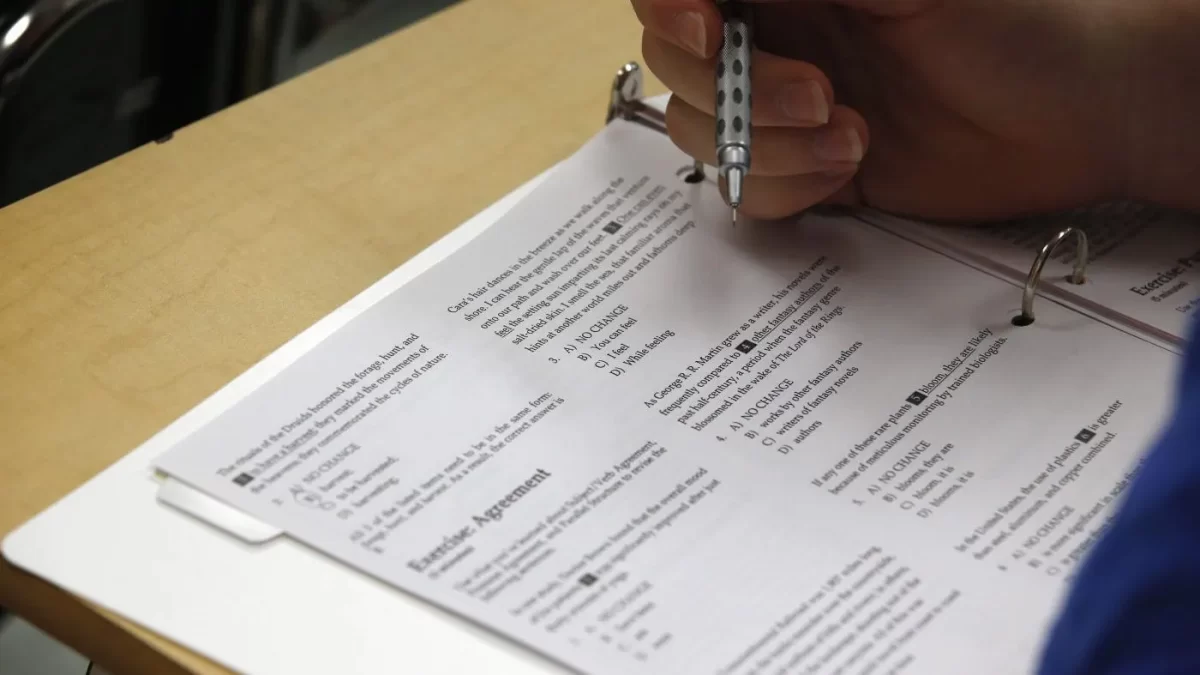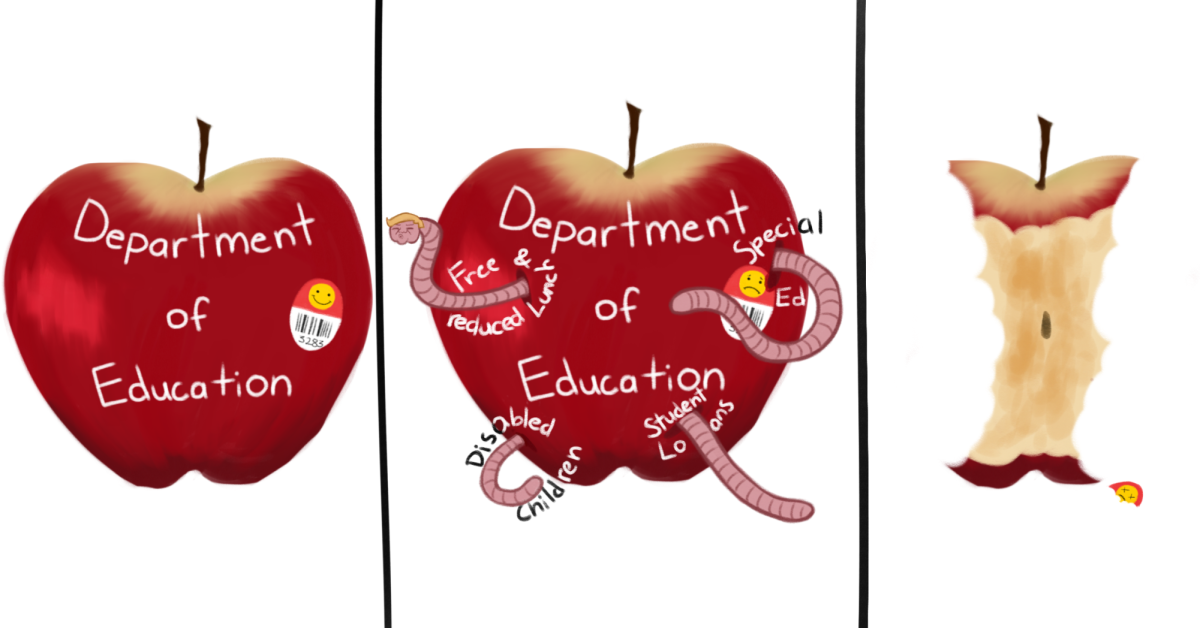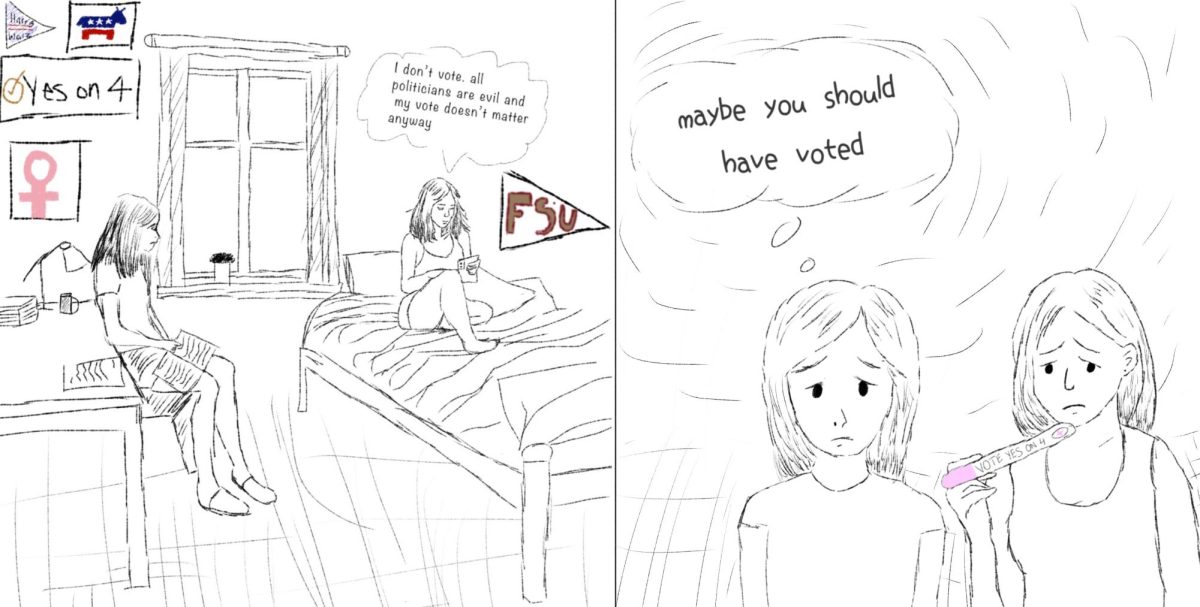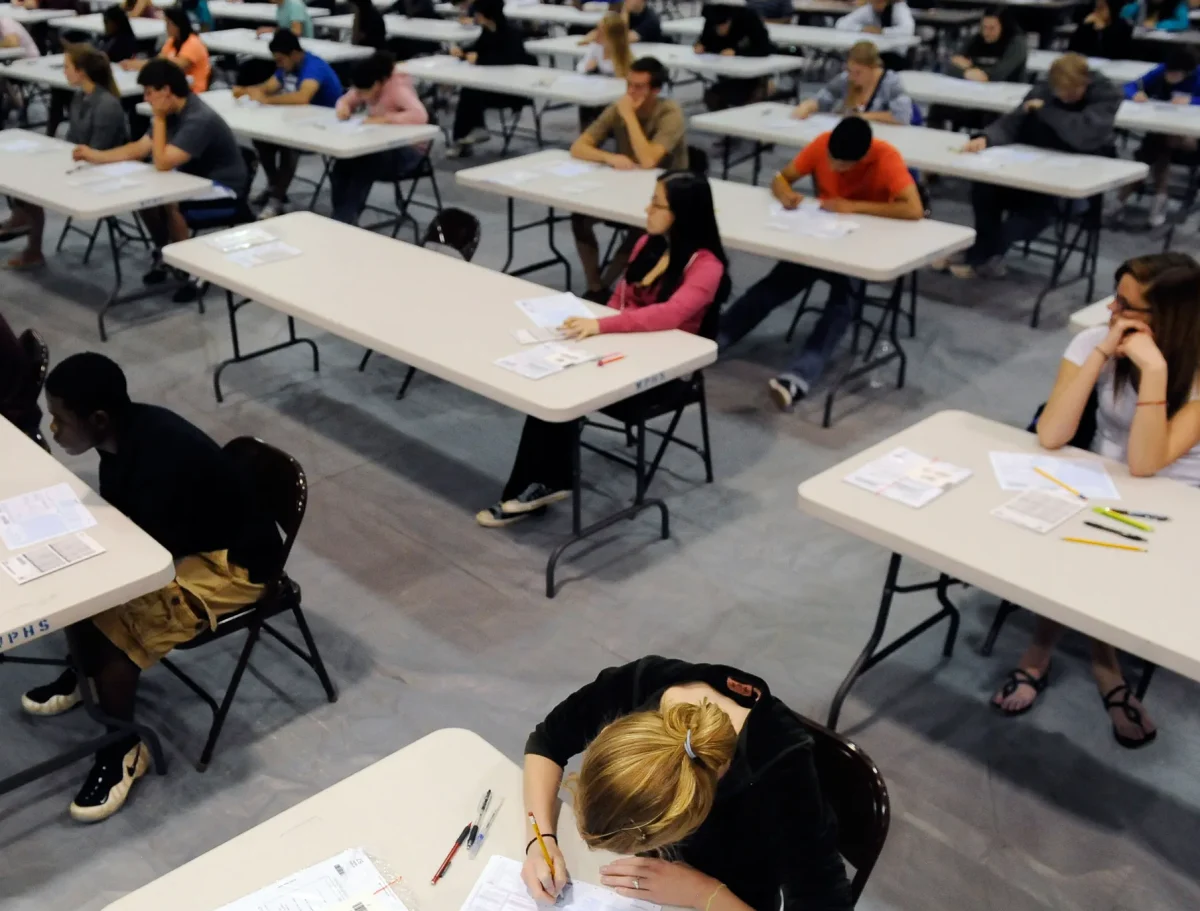This past September, the board of Governors for Florida’s university system approved the Classical Literature Test, or CLT as an alternative to the SAT and ACT, making Florida the first state move away from establishment college entrance exams. Almost immediately after the news broke, some began echoing concerns that the test was laced with a religious, conservative bias. But I dug a little deeper, and I’m here to tell you that these claims don’t seem to be legitimate.
The CLT has been around since 2015, making it the newest college entrance exam to be excepted by state universities. It’s a two hour test, making it roughly an hour shorter then both the SAT and ACT, and prior to its statewide approval, the test had been earning praise by Florida’s governor, Ron Desantis, who has recently made headlines over his feuds with the College Board over materials taught in certain classes. After the test’s approval however, some began to question the test’s true intentions, with many pointing to an article written by Pope John Paul the Second (which can be found in a sample of the test) as evidence of possible Christianity-favoring bias.
This is where an issue arises. While there is no problem with having questions about such a new and high-stakes test, I have a problem with education experts such as Andrew Spar, the President of the Florida Education Association who immediately began politicizing this test. Spar himself has repeatedly defended his stance, commenting in an interview with WINK news, a local news station out of Southwest Florida.
“Biggest thing is that there’s just not a lot known about it,” Spar continues. “The second thing to consider with this test is it is a test that seems to rely heavily on religion, specifically Christianity.”
But the truth is that the CLT doesn’t seem to suffer from any bias. From sample testing materials, it is easy to see that the CLT places emphasis on philosophical issues, but it does it have a religious conservative agenda? No. In fact, upon viewing more sample materials provided by the testing company, you can find articles written by Susan Rice and W. E. B. Dubois, two people who I would hardly call conservatives.
But you may ask, does any of this matter? Yes it does. The CLT is a viable alternative to the current tests being supplied to us by the College Board. Giving students other options when it comes to higher education is undoubtedly a good thing, which is why it’s important to combat lies that may push students away from this test. Of course, I’m not advocating that everyone ditch existing college entrance exams, and I do believe that more research should be done to determine the effectiveness of the exam, but the CLT should at least be given a chance.









